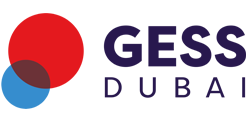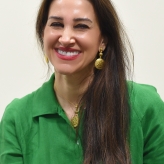Due to political, economic and socio-cultural circumstances, research on Arabic language teaching and learning has been lagging behind. This has led to a series of ineffective and stubborn recycling of old ideas in Arabic pedagogy that resulted in below average student performance on international Arabic literacy tests. However, recent results of research studies utilizing the use of Functional magnetic resonance imaging (FMRI) and Electroencephalography (EEG) to understand how languages are learned and how the brain can process different languages are promising a new dawn for language teaching and learning. This session will explore the practical implications of the Science of Reading research available on Arabic language teaching and learning and will leave the participants with ideas on how to reengineer the field of Arabic language teaching & learning with examples from a leading curriculum in that regard: BilArabi.


